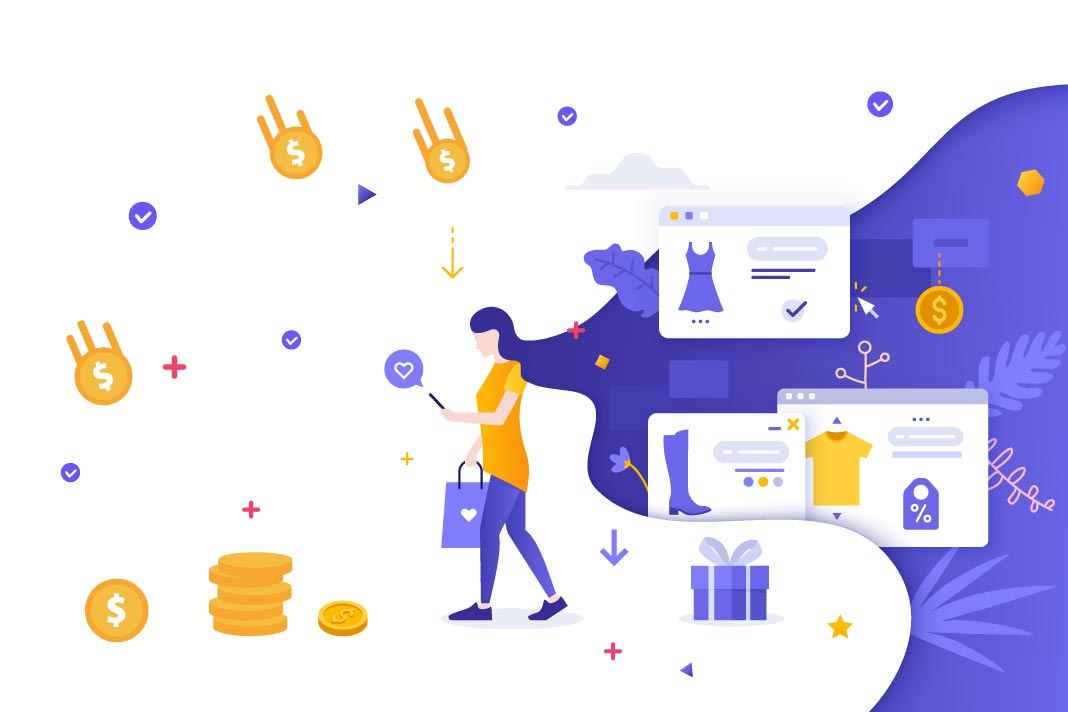Fashion deals at a hidden cost? A shocking new study reveals your data traded for discounts by top brands like Nike and H&M. Protect yourself from hidden data grabs in shopping apps!
Incogni, a data privacy firm, has conducted an in-depth analysis of the most widely used apparel shopping apps. Incogni’s researchers found that customers, to claim the benefits offered by such apps, often end up bearing additional costs by sharing their personal and sensitive information, including, in some instances, sexual orientation and health information. Among the highest-valued brands, Nike and H&M stand out by collecting significant data points, including photos, videos, and messages. At the same time, PUMA, Under Armour, The North Face, and again H&M were identified as sharing an alarming volume of sensitive data with third parties.
Fashion retailers and online clothing stores frequently encourage users to opt for their official apps, often luring them with attractive discounts, bonuses, or exclusive offers. While it’s expected for online purchases to involve the collection of some personal data, like names, addresses, and payment details, to proceed with the order, Incogni’s research uncovered a more worrying trend. Shoppers are unknowingly parting with sensitive information such as sexual orientation and contact lists, which are sometimes not only collected but also shared with third parties.
Incogni’s researchers carefully examined the practices of the most popular apparel shopping apps from 59 countries, including those of the top-valued apparel brands in 2023, totaling 180 apps. The study focused on data collection and sharing practices, scrutinizing the reasons provided by app developers for acquiring specific types of data. The researchers also identified which data points were optional, allowing consumers to retain control over at least some sensitive information.
The study’s key findings reveal a concerning landscape: 45 out of 180 investigated apps collect photos (including Nike, H&M, Victoria’s Secret, and Moncler), 12 apps collect videos (including Nykaa, Vinted, and Meesho), nine apps collect search history (including Victoria’s Secret and Puma), and six apps collect information on sexual orientation (Showniq – AI Stylist Của Bạn, Nike SNKRS: Shoes & Streetwear, Instreet, Boots TH, Pantaloons-Online Shopping App, and Zalando). Among these apps, 24 share photos (including Adidas) with third parties, two share sexual orientation (Showniq – AI Stylist Của Bạn and Pantaloons-Online Shopping App), and one app (Myntra – Fashion Shopping App) shares health information.
The highest number of data points are collected and shared by the most popular apps from customers in Oceania (15.9 and 8.7 data points, respectively), Europe (14.2 and 9 data points), and North America (12.3 and 8.1 data points).
The most popular apps by valuation, i.e.: Nike, H&M, The North Face, Adidas, Victoria’s Secret, Moncler, Under Armour, PUMA, Levi’s, and UNIQLO US, on average collect 14.4 data points and share an average of 8.5 data points from the following categories: location, personal info, financial info, health and fitness, messages, photos and videos, audio files, files and docs, app activity, web browsing, app info and performance, and device and other IDs.
Notably, 2 out of the ten most popular apps are also found among the ten most data-collecting apps. Nike and H&M collect 18 data points each and are tied for the 7th most data-collecting app with four other apps. These apps share a concerning amount of personally identifiable and otherwise sensitive data with third parties, including email addresses and phone numbers, for advertising or marketing.
While we understand that some data points are collected to improve the shopping experience or process orders, some seem to go beyond what’s necessary to provide the service. This is especially concerning given the presence of some questionable data-sharing practices and the increasing number of data breaches. Collected data, including sensitive information, might end up in the public domain after a breach. We urge consumers to be cautious about the data they share and call for greater transparency in app data-collection practices – underlines Darius Belejevas, Head of Incogni.
Incogni’s researchers used the rankings provided by AppMagic1 (in the Shopping: Fashion & Beauty category) to find the most popular apps in 59 countries. For each country, they noted the top 10 popular free apps in the category for the year 2023. App names and their rankings were noted on December 18th. Our researchers separately identified the top apparel brands by valuation, with two filters for those brands that offer apps facilitating purchases. These brands’ apps were added to the list for investigation, bringing the total number of studied apparel apps to 180.
Incogni’s researchers went on to collect information found in the data safety sections of the Google Play Store pages of the identified apps. The information was aggregated on country and regional bases for some analyses. Data collection from the Google Play Store took place on December 19th.



